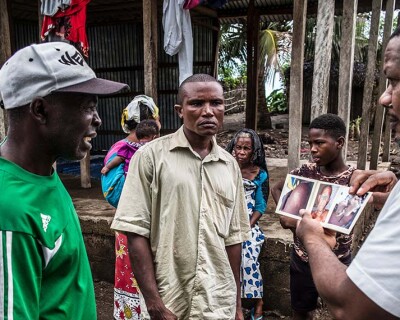PEOPLE study granted the Anne Maurer-Cecchini Award
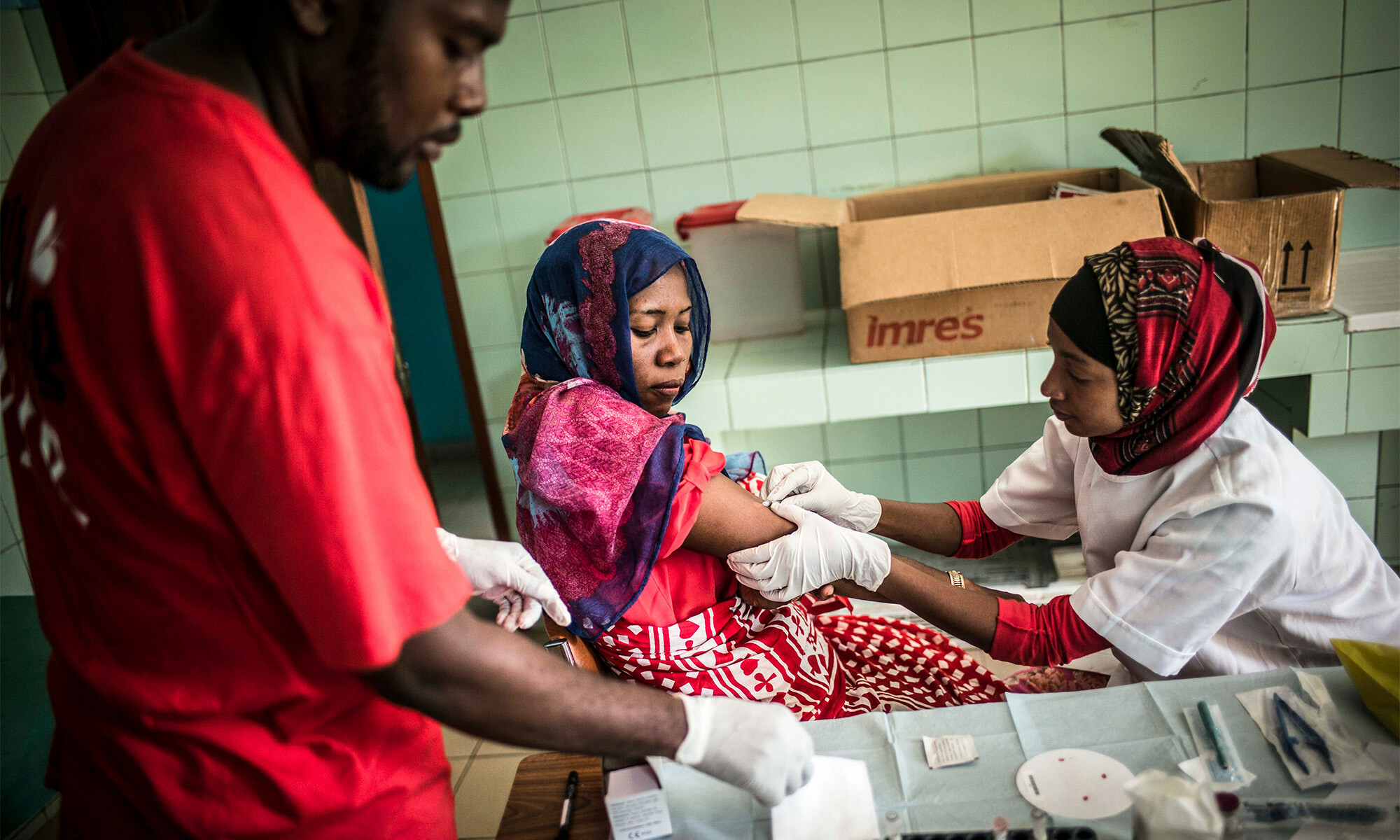
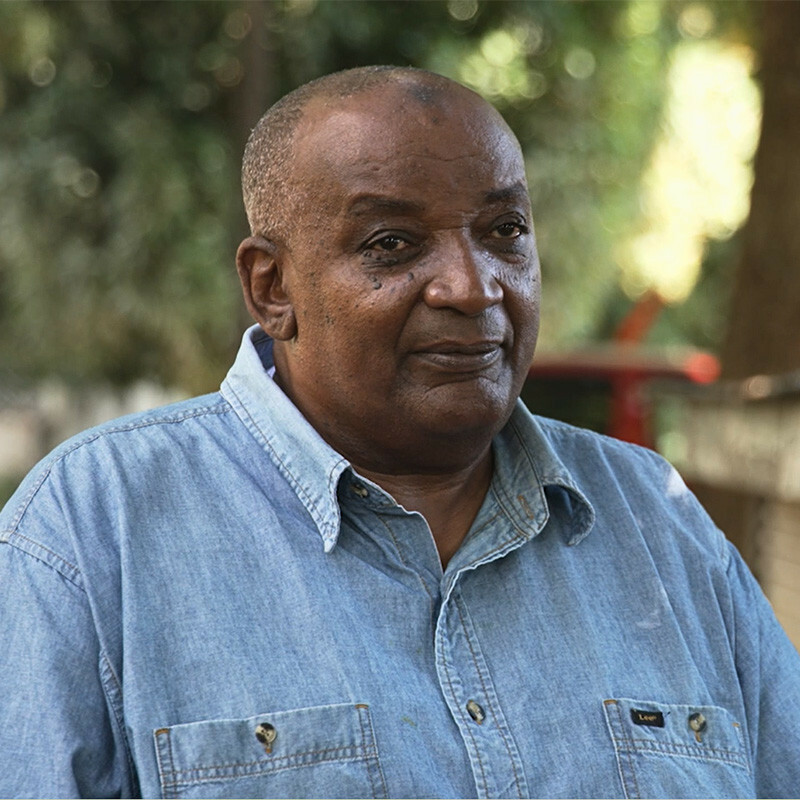
Dr Younoussa Assoumani, head of Damien Foundation in Comoros and researcher on the PEOPLE study in collaboration with the Institute of Tropical Medicine (ITM), received the Anne Maurer-Cecchini Award at the Health Forum in Geneva yesterday. Doctor Younoussa was recognised for his exceptional work in combating leprosy in Comoros.
"Globally, the number of leprosy cases has declined over the last decade. This also means that there is less and less expertise and fewer resources available to fight the disease," Dr Younoussa warns. "Here in Comoros, we are fully committed to screening and treatment, which is reducing the number of cases. By rolling out innovative strategies and research, we are contributing to the elimination of leprosy worldwide," he adds.
Comoros, an archipelago in the Indian Ocean, has the highest per capita incidence of leprosy worldwide. The island of Anjouan is particularly hard hit. In cooperation with Damien Foundation, ITM has been conducting research there for several years on preventive leprosy medication.
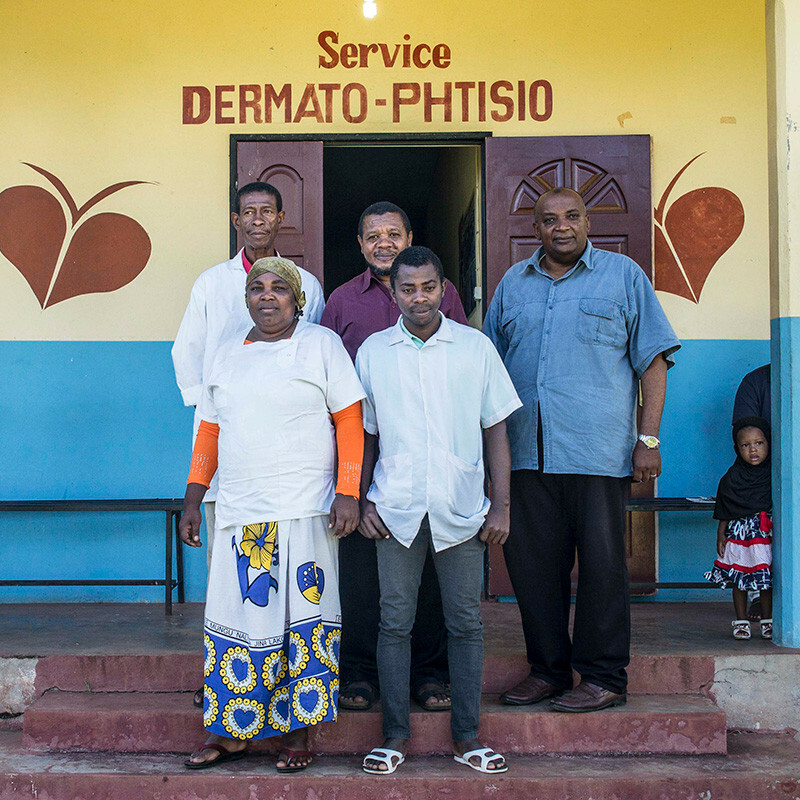
PEOPLE study: largest study on leprosy prevention in Comoros and Madagascar
In the PEOPLE study, which ran from 2019 to early 2023, high-risk contacts were given a single dose of the drug rifampicin. This should help stop the development of the disease, and stop the spread of leprosy. The results of the PEOPLE study were recently published in the scientific journal The Lancet Global Health.
"The PEOPLE study shows that there is an increased risk of leprosy for housemates, neighbours, and community members of leprosy patients. Due to the long incubation period, infections usually occur before the first patient is detected," says Professor Epco Hasker, first author of the study and epidemiologist at ITM. "Rifampicin prophylaxis can halve the risk of leprosy for already infected individuals. Moreover, early treatment prevents mutilation and further infection."
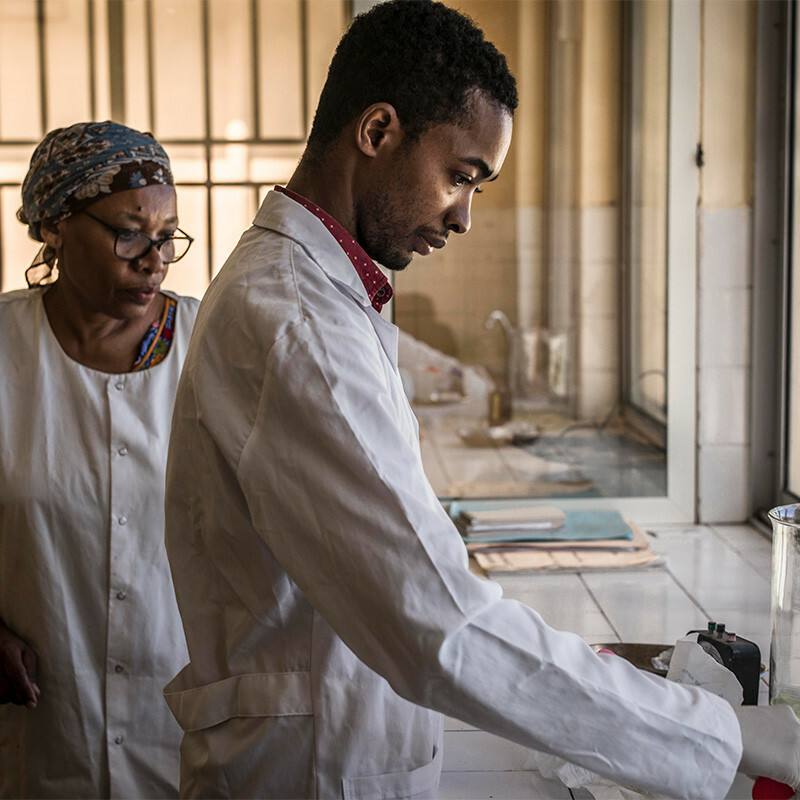
BE-PEOPLE study brings hope
Last year, ITM and Damien Foundation launched the follow-up study BE-PEOPLE in Comoros. Residents of high-risk areas will now be offered a combination of the drugs rifampicin and bedaquiline as a preventive measure. In total, they will target some 124,000 residents. Given the long incubation period of the disease, final results will follow in 2027.
"Dr Younoussa leads a passionate and experienced team that detects and treats leprosy early. Thanks to early detection and preventive antibiotics, we see fewer children with leprosy for the first time. This is promising and indicates that the transmission of leprosy is finally being interrupted," says Professor Bouke de Jong, head of the Unit of Mycobacteriology at ITM.
"We aim for early diagnosis so that people affected by leprosy do not develop disability. To prevent the disease, we are currently conducting research on drug administration to protect the environment of people with leprosy, and the population in general," concludes Dr Younoussa.
Research themes
Neglected Tropical Diseases
Read moreSpread the word! Share this story on
